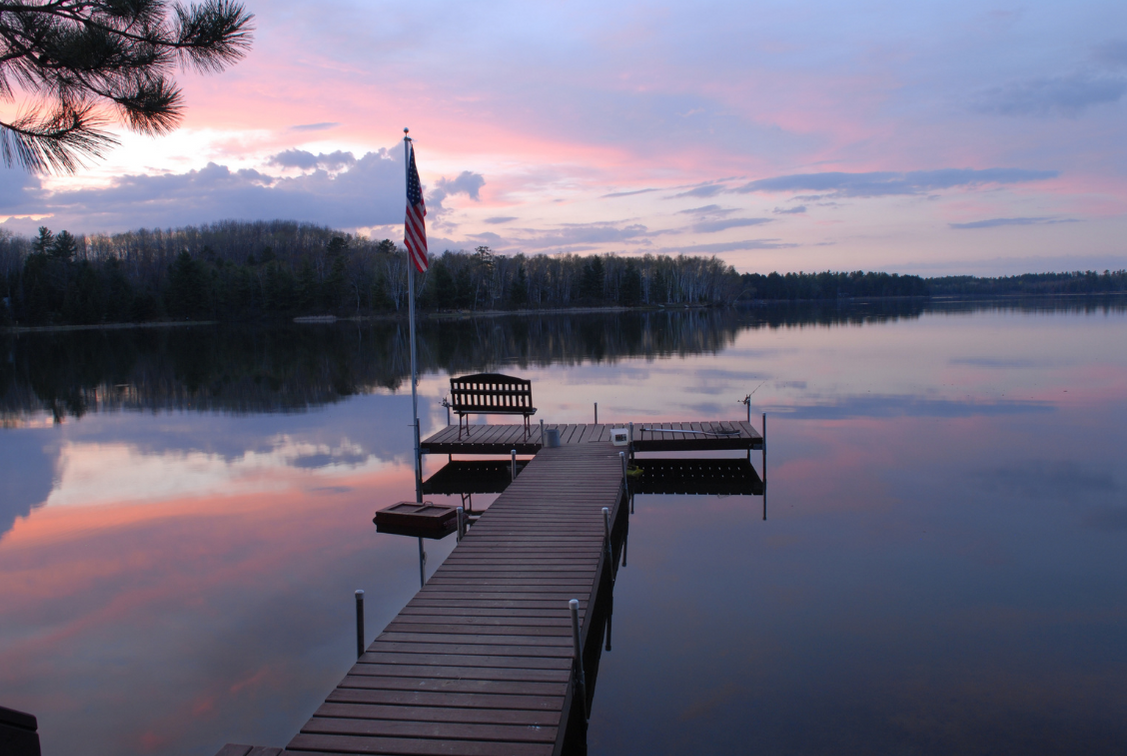In the last blog post, I covered how you can protect your land up north from long-term care costs. So, I’m assuming you’ve all done that by now. Congratulations!
But keeping the land in the family while you’re still alive is just the first step towards ensuring the land’s survival. Now you need to concern yourself with what happens after you’re gone.
These next two posts will cover exactly that. In today’s posts, I’ll discuss utilizing another legal entity that can help ensure that the land will stick in the family for the long-haul, a limited liability company (or “LLC”).
In my years as an estate planner, I’ve been able to review hundreds of old plans that clients have brought in to get my opinion on. The majority of these plans call for an estate to be distributed to the heirs outright; in other words, the inheritance goes right into the beneficiary’s name, and what happens after that point is not planned for.
I generally don’t like this approach to planning an estate, and I especially dislike it when it comes to real estate (particularly real estate that the client hopes would stay with the family). I hate to break this to you, dear reader, but leaving a family cabin or other property to multiple children as tenants in common and simply hoping that they’ll all figure out what they have to do to keep it in the family is . . . just not smart.
First of all, are you certain that all your children actually want a stake in the land’s ownership? What if a child lives several states away, and would only come back to use the property maybe once a year? Would they really be interested in chipping in a portion of the annual funds necessary to maintain the property all year round? Or what if they wouldn’t come back at all, and the only reason they really come back now is because of you, not the land?
Second of all, regarding expenses, are all your children going to be responsible in keeping up their share of the payments? Who is going to be the one passing the hat around to collect funds for insurance and taxes? Is that person going to experience quick cooperation, or is he/she going to have to be making several calls to the less-than-motivated siblings? Talk about a stressor!
Also, what if your children can’t agree who gets to use the property and when? July 4 and other holidays may be times when multiple siblings want to use the property for their own families. As tenants in common, all would have equal right to use the property at all times. Who’s going to set the schedule for the property’s use, and will all the siblings even adhere to that non-binding schedule?
There are other issues, but clearly the point is that hoping for the best is not much of a plan at all. If you want to help your children keep the property without also tearing at each other’s eyes, you should nip the problem in the bud and create a structure for the property that takes all the guessing and hoping off the table. For many families, this would involve an LLC.
Despite its name, a limited liability company does not have to be a “company” in the traditional sense of the word. In fact, many families will place second properties in an LLC for the many organizational benefits that come with the structure.
What can you do with a family LLC? First of all, you can set rules for how a son or daughter can sell off his/her share. You can set rules on giving rights of first refusal to the other children, how the value of the share is to be determined, and whether a “family discount” must be given to the purchasing sibling(s).
You can also establish which child would serve as the manager of the LLC, and who would ultimately be responsible for gathering funds from the other children to pay the costs of maintaining the property. You can also establish rules as to what happens if a child is not keeping up with his/her share of the payments, which could include a loss of interest in the property.
You can also establish that the manager is the keeper of the schedule. One child will be able to determine who gets to use the property and when, and the rest will have to respect those decisions.
Bottom line, if you have a special property that you would like to leave to more than one child, utilizing an LLC structure will take a lot of potential stress and in-fighting off the table. Your children may get along perfectly now, but stress and grief and change a family’s dynamics greatly. It’s best not to take chances.
To learn more about second property planning or to schedule your free initial appointment, contact me at (920) 221-0320 or By Email.
Protect Your Land Up North (Part Two)

